From today, you might be having to pay and extra £60 to check up on your balance, which is a little steep, no?
The UK building society has revealed that one of its popular packaged accounts will increase from £13 a month to £18, which is a fiver extra you’ll have to fork out, or £156 a year more than you’re already paying.
This is apparently all down to one reason: insurance.
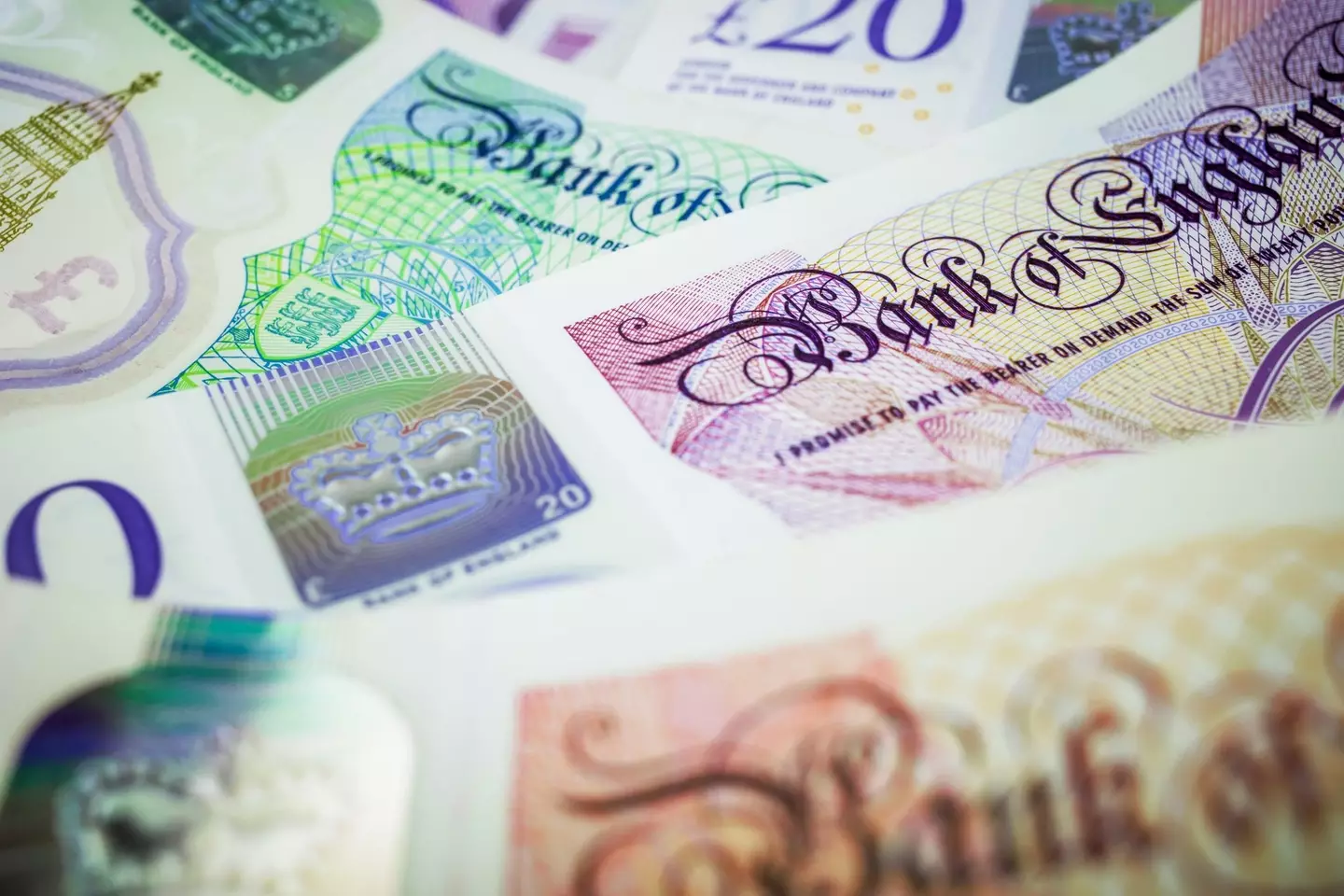
This popular bank is hiking its prices (getty stock photo)
Nationwide is the popular bank that is hiking the price of its FlexPlus packaged account, and it’ll now come at a whopping £216 per year charge.
However, if you’ve not got this account, you might think that it’s a bog standard set-up.
It’s not.
Nationwide’s FlexPlus account provides you with insurance policies for you and your family, and this can include travel and mobile phone insurance, or even breakdown cover.
Members with this account are also privvy to preferential rates on loans or overdrafts, making it a great option for those who want a lot more out of their accounts.
This increase comes as the first since 2017, with a spokesperson telling the Mirror: “We have held back raising the fee for FlexPlus since 2017. However, the rising cost of insurance means we now need to make changes, taking effect from December. Even after this change, FlexPlus will continue to be one of the UK’s most competitive packaged current accounts, both in price and quality of cover.”
I mean, they did recently give customers a free 100 quid…so they’re giving back the cash in some aspects.
But as it’s increasing, is it still worth the money?
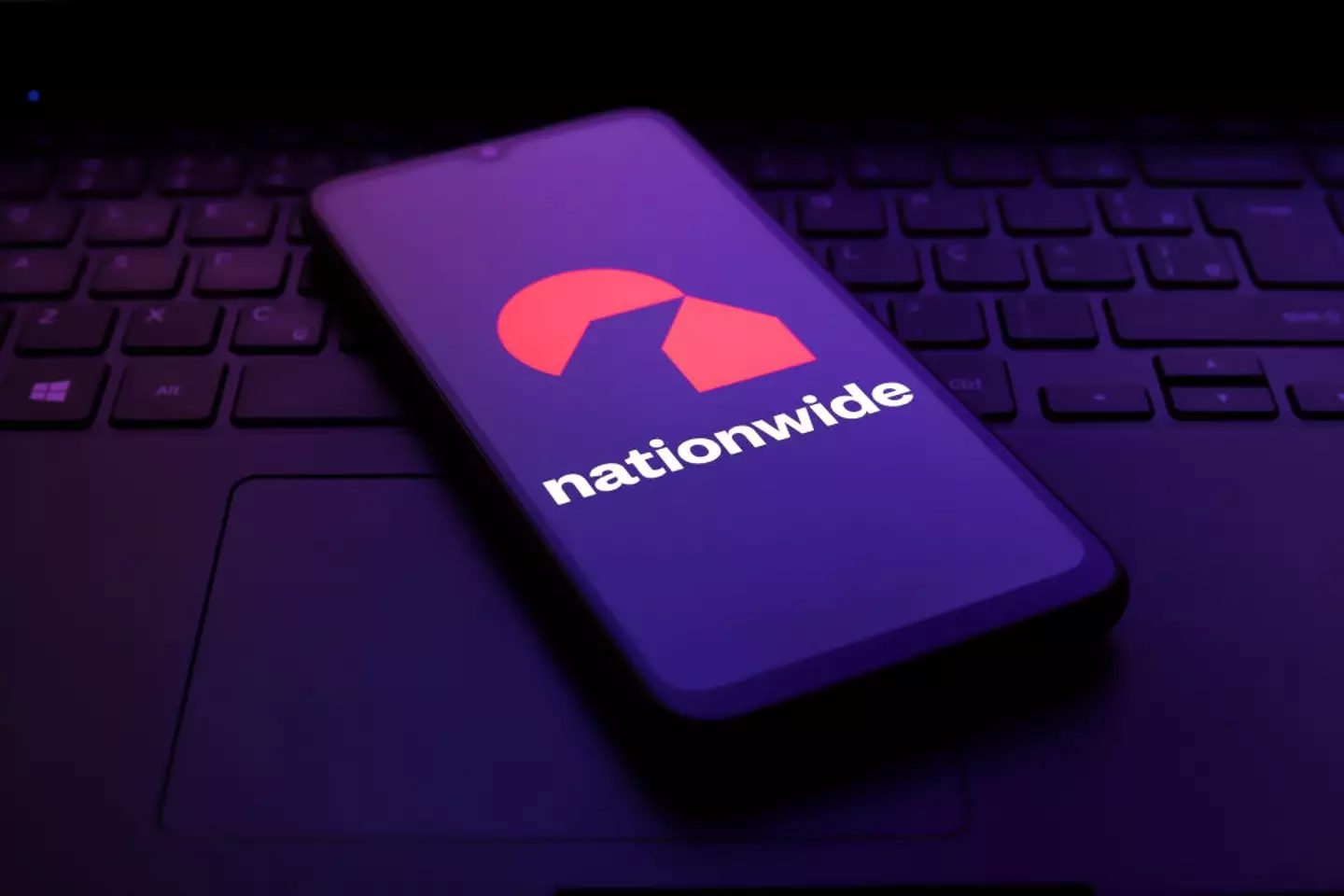
You’ll be paying £60 more per year (Jaque Silva/NurPhoto via Getty Images)
According to Sarah Coles, a personal finance expert at Hargreaves Lansdown, it might not be.
She told the outlet that the £5 increase means the account will no longer be ‘one of the cheapest’ on the market, but it could still offer value, depending on what you’re using it for.
She said: “This is particularly the case for families who plan more than one holiday this year, have smartphones that need insurance and who would otherwise buy car breakdown cover.”
Nationwide will need to watch out though, as its competitor Virgin Money has a cheaper option for the Club M account packaged account, which stands at £12.50 per month.
This account offers a free gadget insurance, European breakdown insurance, worldwide family travel insurance, and more.
Coles added: “If you want a lower monthly charge, you can get the Virgin Money M account which comes with similar cover. Just check you’re happy that you still get what you need.”
I’d hold off on Virgin Money before you decided to make the switch, as the Money Saving Expert website says there’s a pretty major downside when it comes to choosing this package.
It’s the customer service.
In its latest poll, Nationwide got 87 per cent ‘great’ votes, compared to Virgin’s 37 per cent ‘great’ votes.
So, if you care about those things, it might be better to stick to Nationwide.
Featured Image Credit: Getty Stock Photos
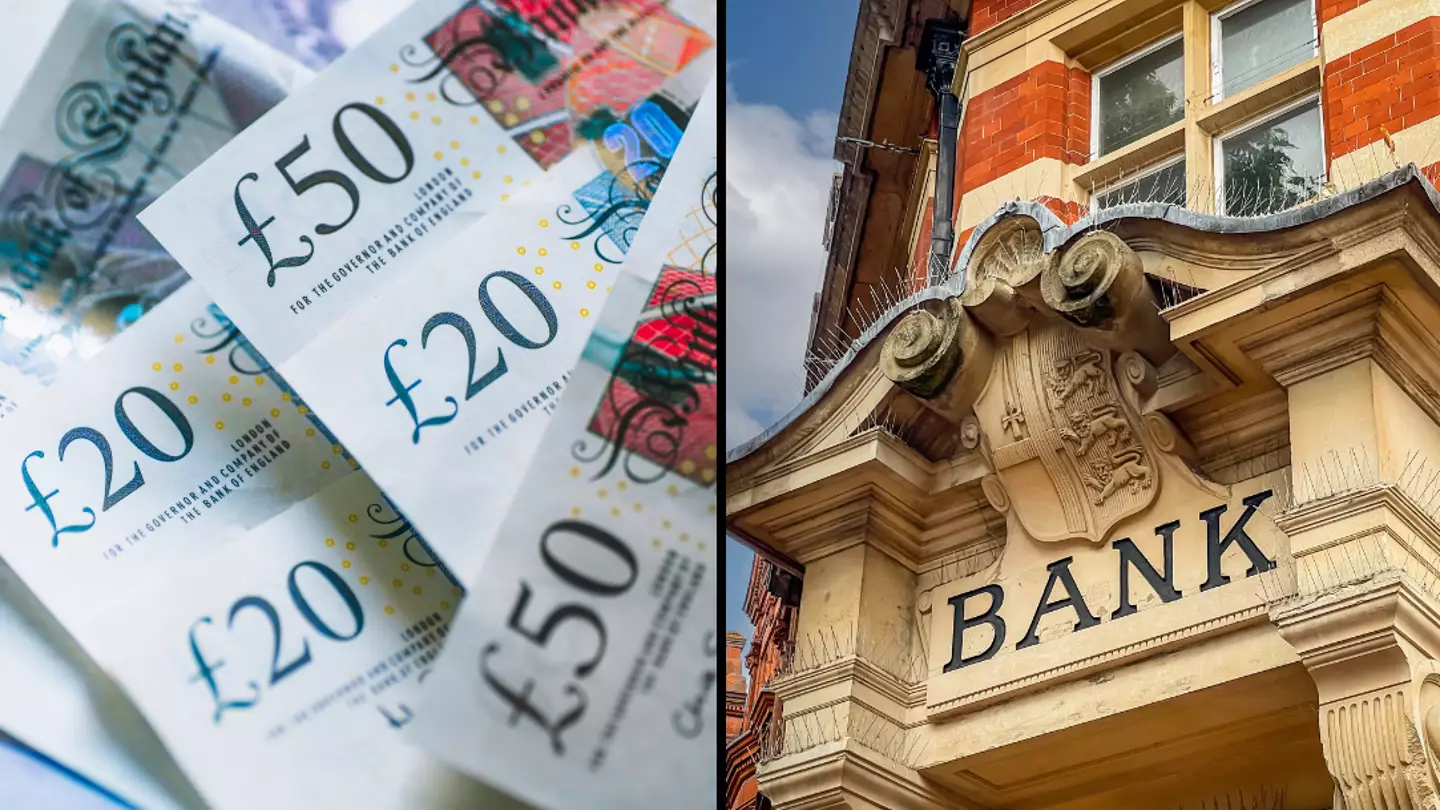
Brits could find themselves worse off under new banking rules that have been brought in to help protect individuals.
From today (7 October), changes are being made to try and protect people who have become victim to scammers, with their bank accounts hit by fraud and criminal goings on.
But the new rules to try and clamp down on this could actually leave you worse off.
Under the new system, the rules in the UK have changed so that your bank or building society has to legally refund you in most cases of fraud. It is part of industry-wide changes that have come in to force.
Capped at £85,000, it means a lot of people who have their money stolen will be able to get it back, which is great news for those who are unfortunate enough to be successfully targeted by thieves.
But in refunding you the money, banks have also been given the chance to charge you. Here’s what you need to know.
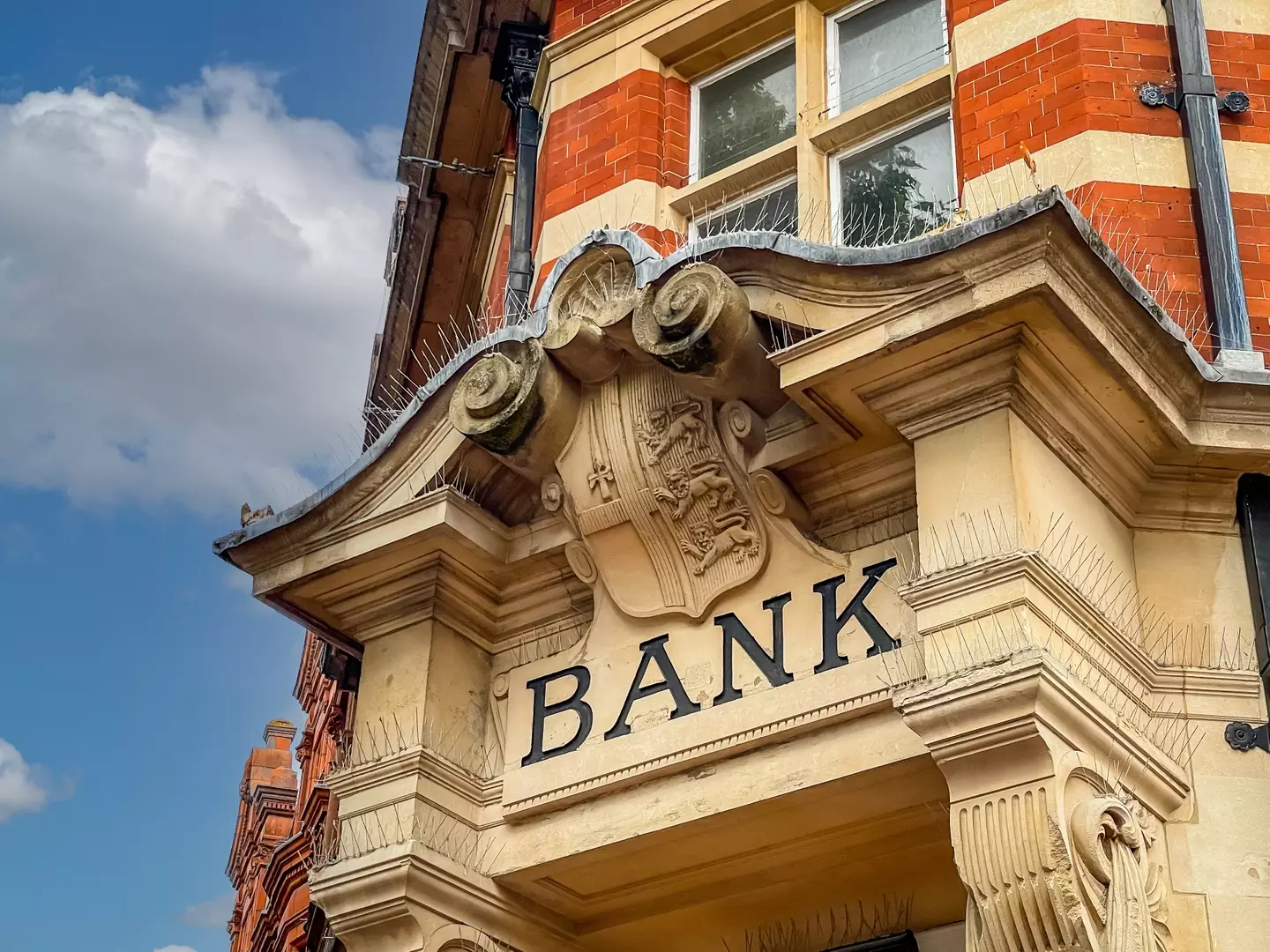
Bank rules have changed (Getty Stock Images)
Why are the changes coming in?
It is to do with a massive rise in scams over recent years, primarily purchase and romance scams.
With purchase scams, these are where you’re tricked in to buying something that doesn’t exit or won’t turn up. Romance scams take advantage of people looking for companionship. and usually leads to some form of financial transaction once trust has been gained.
There’s also been a rise in impersonation scams, where criminals pretend to be official representatives from your bank or other official services. From there, they’ll try and get you to hand over your bank details to take your cash or make you transfer money to a ‘safe’ location which, in reality, they have access to.
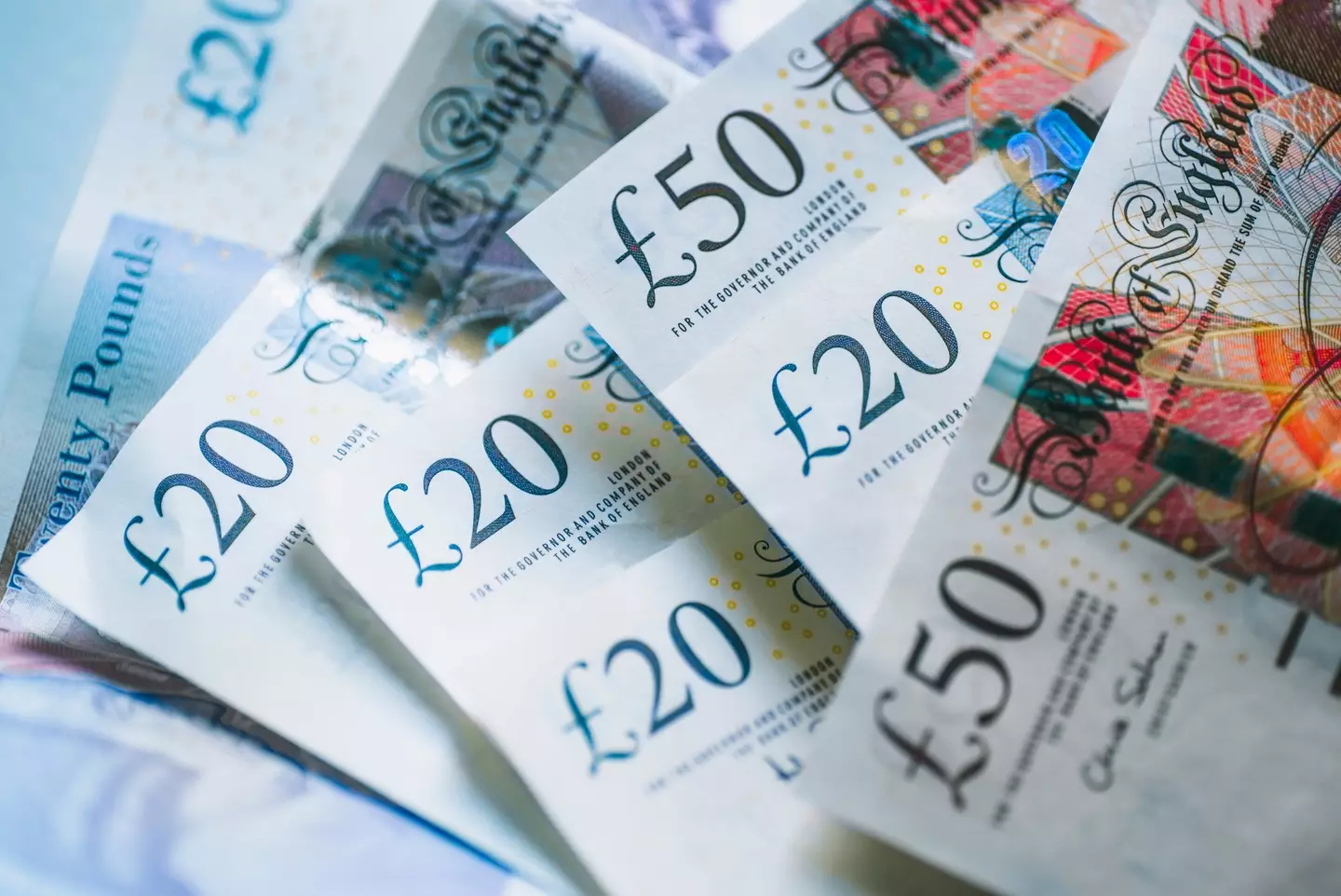
You could be charged for the claim (Getty Stock Images)
If I’m scammed, can I get my money back?
In a lot of cases, yes. It doesn’t apply to everyone who loses their money, though.
It covers cash sent by UK bank transfer, either by Faster Payments or CHAPS. If you pay by card, cash and cheque, you won’t be covered by the new rules, and your money will remain lost.
If you can claim your money back, you should get it within five working days, or up to 35 days if the case is complex.
Will banks charge me for claiming my money back?
Yes, but not in all cases.
All banks have the option of putting a £100 fee on your case, but it really is up to the bank if they do this or not.
Money Saving Expert (MSE) reports that LLoyds will charge the £100, but that Barclays ‘might deduct’ the cash, so you need to check your individual bank. If you’ve only been scammed out of a small amount, you might not feel it’s worth it.

Fraudsters may change their approach due to the fee, some claim (Getty Stock Images)
“We’ll apply a £100 excess from the total refund. This is a fixed amount for each claim you make. For example, if your claim is for £1,000, your refund will be £900,” Lloyds writes.
MSE says the concern here is that scammers will now target lower amounts more often due to the £100 fee, writing: “For many, £100 is not a trivial amount to lose, and our concern about having this limit in place is that it could lead to scammers evolving their tactics to defraud people via smaller individual payments of less than £100 in the hope that victims won’t report it, as they won’t get it back.”
Featured Image Credit: Getty Stock Images
Topics: UK News, Money, Cost of Living, Crime, Business
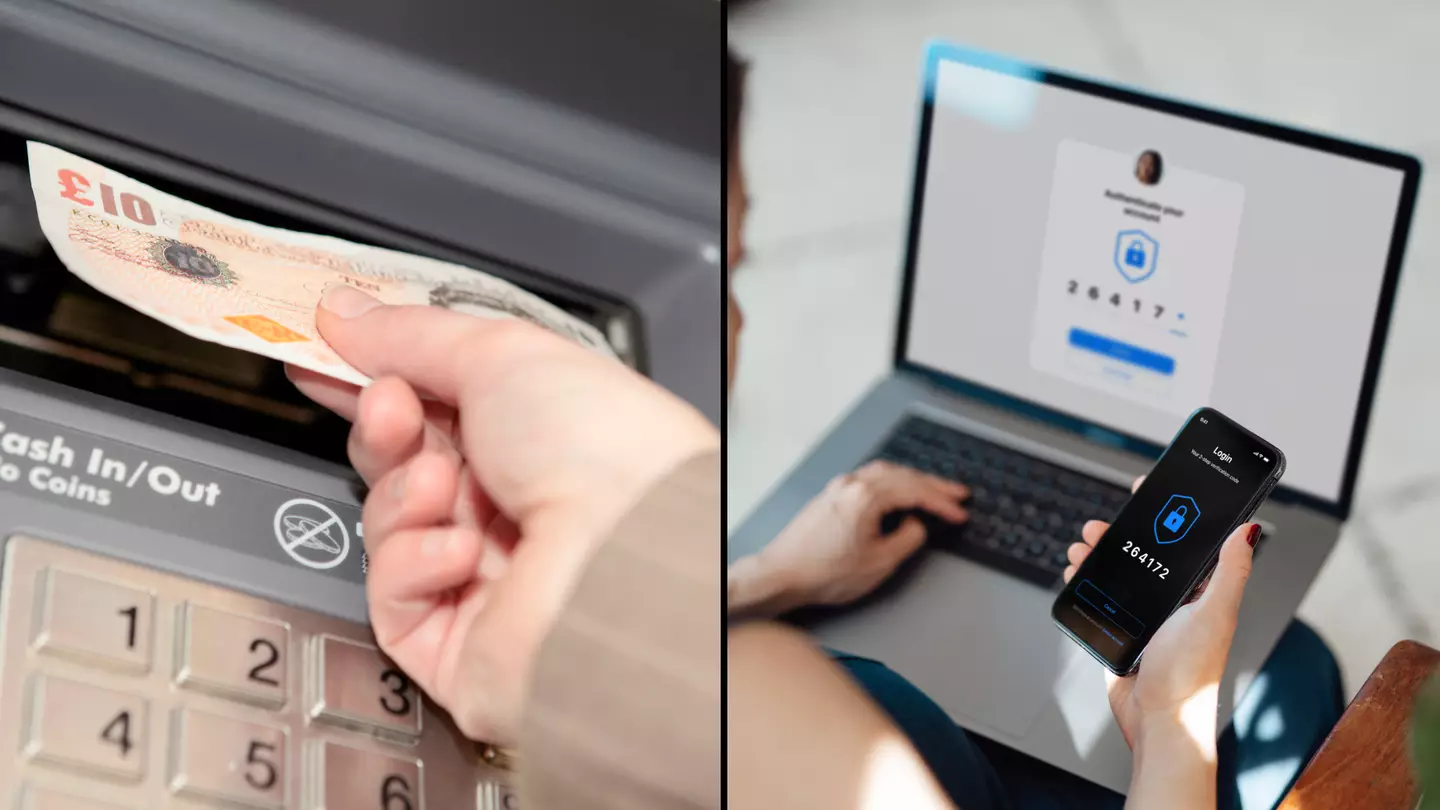
A lot of Brits will see a boost in their bank balances today as the £299 cost of living payment drops – so keep an eye out for a certain code.
The cash will be automatically sent out to millions of households who fit the criteria, so you don’t even have to lift a finger either. What’s not to love?
It is the third and final cost of living payment being administered by the government which aims to help people feeling the pinch as prices shoot up and energy bills continue to rise.
The Department of Work and Pensions (DWP) and HM Revenue and Customs (HMRC) have so far paid out £600 over the course of the financial year, with the first payment of £301 having been delivered from 25 April last year.
The second instalment of £300, was paid from 31 October, and this instalment is the last – bringing the grand total of the subsidies to £900.
UK residents will be receiving their final lump sum of £299 from today (6 February) up until 22 February.
People who are entitled to tax credits will instead only receive the money from HMRC from 16 February to 22 February.
The Secretary of State for Work and Pensions, Mel Stride, said: “The economy has turned a corner, and with inflation falling we are providing millions of the most vulnerable households with another significant cash boost.”
Happy days.
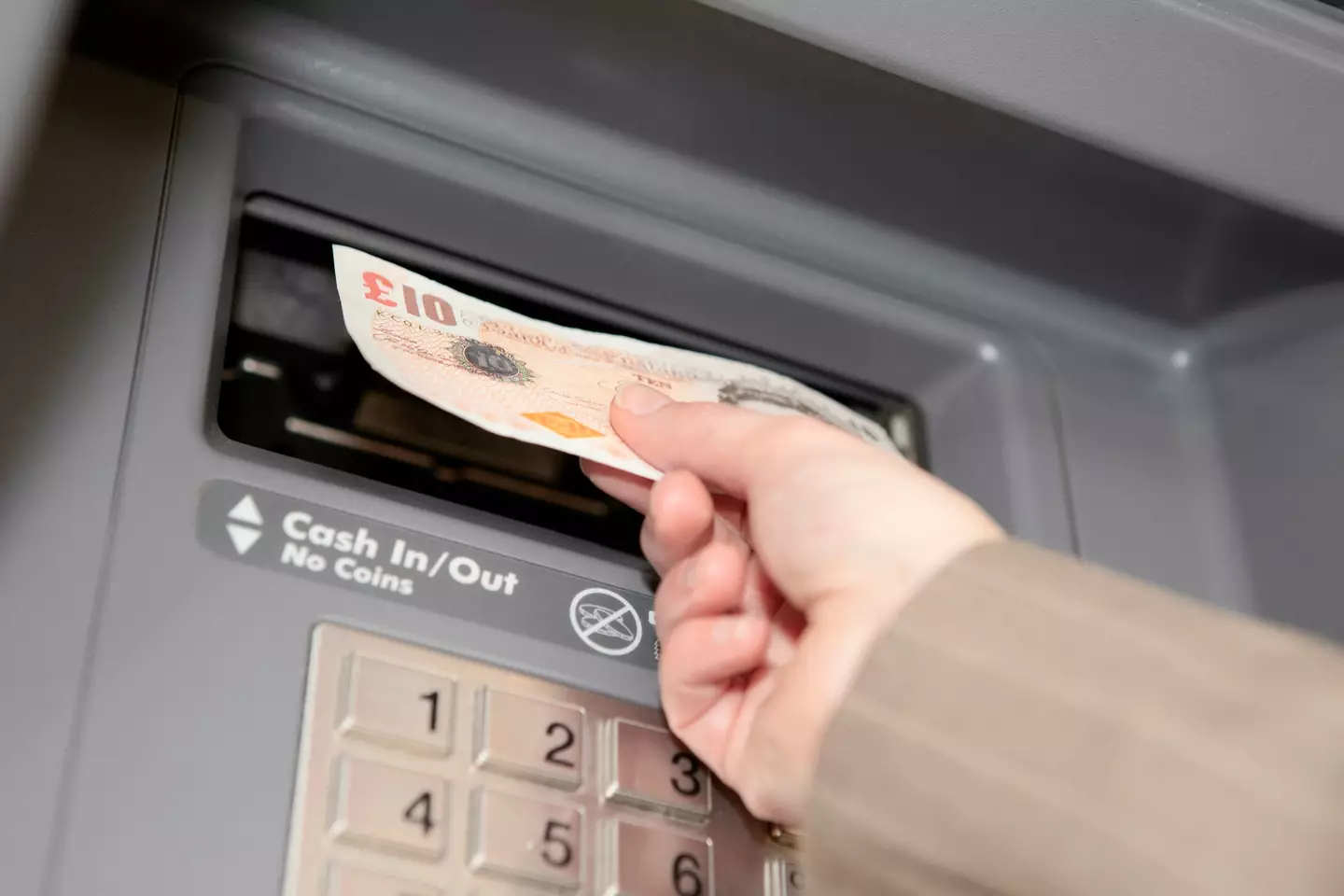
Getty Stock Photos
But Martin Lewis’ Money Saving Expert has reminded people that scammers are still on the warpath and are using the payouts to try and steal your savings.
The website advises: “Watch out for scam texts or emails inviting you to claim or apply for the payment.
“The DWP has said it’ll never ask you for personal details or banking info over text or email. Also, be warned: if you get a cost of living payment and the DWP later finds you weren’t eligible, you may have to pay it back.”
To those who claim certain disability benefits, they added: “If you’re one of six million people who get certain disability benefits, you should have received an additional one-off £150 payment between 20 June 2023 and 4 July 2023.
“This was on top of the up to £900 means-tested cost of living payment, and/or the £300 pensioner payment.”
Brits should keep their eyes peeled for a specific code on bank statements to see if they have got the cash.
The way it works is you should be paid automatically in the same way you usually get your benefits or Tax Credits.
And there are two different codes you need to look out for, depending on your eligibility.
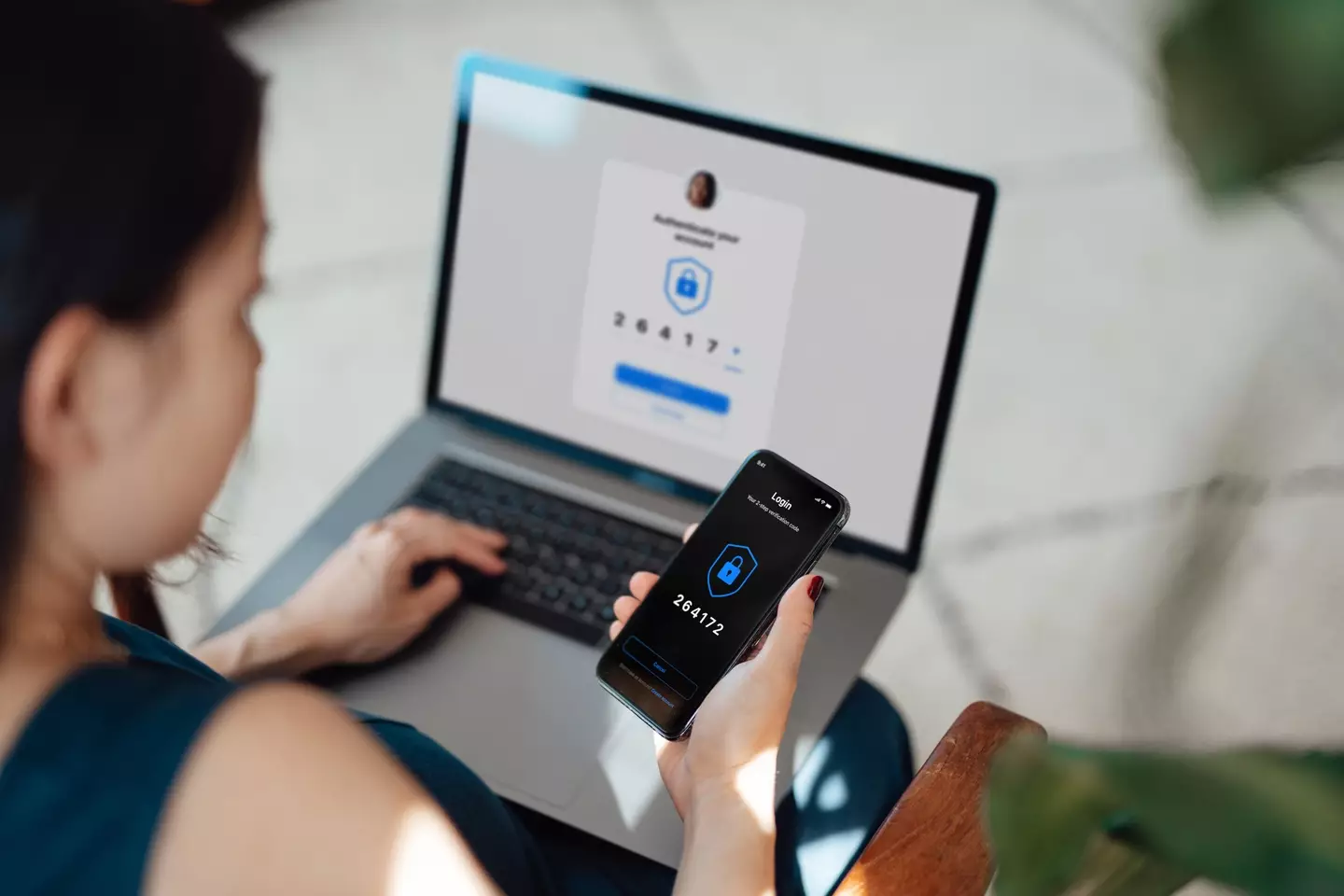
Getty Stock Photos
If you get benefits from the Department for Work and Pensions (DWP), the reference for the payment will be ‘DWP COL’, along with your national insurance number.
For Tax Credits-only recipients, the payment reference will be ‘HMRC COLS’.
To be eligible for the payouts, households must have been paid or have been eligible for a payment of certain benefits and Tax Credits between 13 November 2023 and 12 December 2023.
You may be eligible if you receive at least one of the following benefits or tax credits:
- income-based Jobseeker’s Allowance (JSA)
- income-related Employment and Support Allowance (ESA)
- Income Support
- Pension Credit
- Universal Credit
- Child Tax Credit
- Working Tax Credit
For those on only Child Tax Credit or Working Tax Credit, the £299 payment is expected between 16 and 22 February 2024.
Featured Image Credit: Getty Stock Photos
Topics: Cost of Living, Money, UK News, News
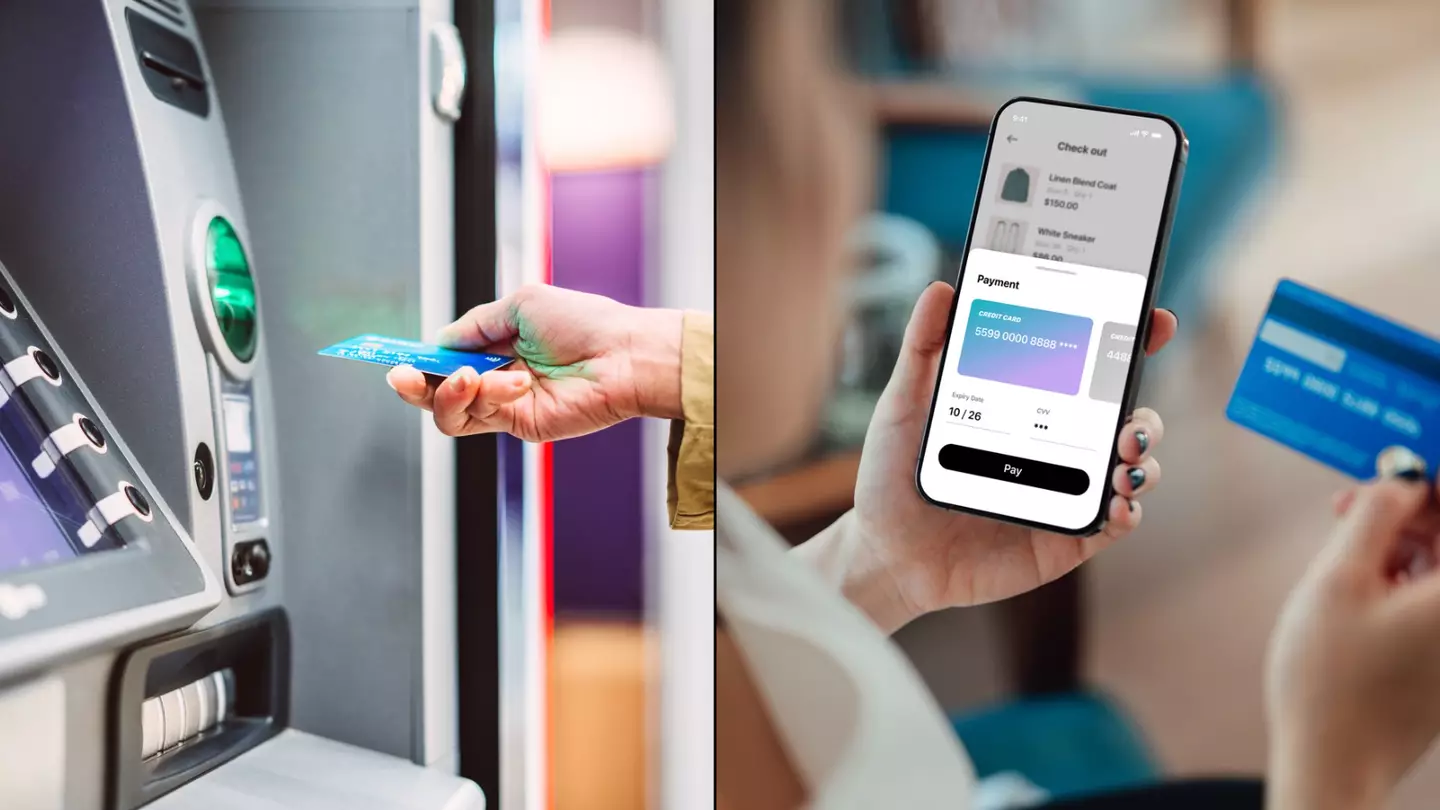
A number of UK banks have suffered online technical issues leaving thousands of people unable to access their money on payday.
HSBC has apologised to customers after they were unable to access their online banking today (28 June).
Meanwhile, some on social media say their money hasn’t even transferred through yet.
“We’re really sorry that some customers are having issues accessing personal online and mobile banking,” HSBC UK said.

Online banking hasn’t been working for thousands of customers. (Getty Stock Images)
“Our IT teams are working hard to get these services back to normal. You can still authorise online card purchases via SMS.”
In an update, HSBC UK tweeted: “12:15 Update 1/2: Customers can now log into personal Online & Mobile Banking. We’re working hard to resolve secondary issues, including view recent transactions. We’re sorry and will continue to share updates. Please see 2/2 re separate payments issue affecting multiple banks.
“2/2: Customers sending payments may see a slow response or see a failure notice. Please check with the recipient or view your recent transactions in the mobile app via the notifications bell icon in the top right corner before attempting to the send the payment again.”
Taking to X, some users complained that they needed to access money to pay their bills on payday.
“This has happened several times before”, one person wrote, while another commented that this has happened ‘twice now in the past couple of months’.
“It’s not just the personal account app it’s the business banking app too?” penned a third, as a fourth said: “Classic with the banking app being down on payday.”
DownDetector said that more than 7,000 problems were reported at 8.45am.
Virgin Money and Nationwide said they are also working on the issue.
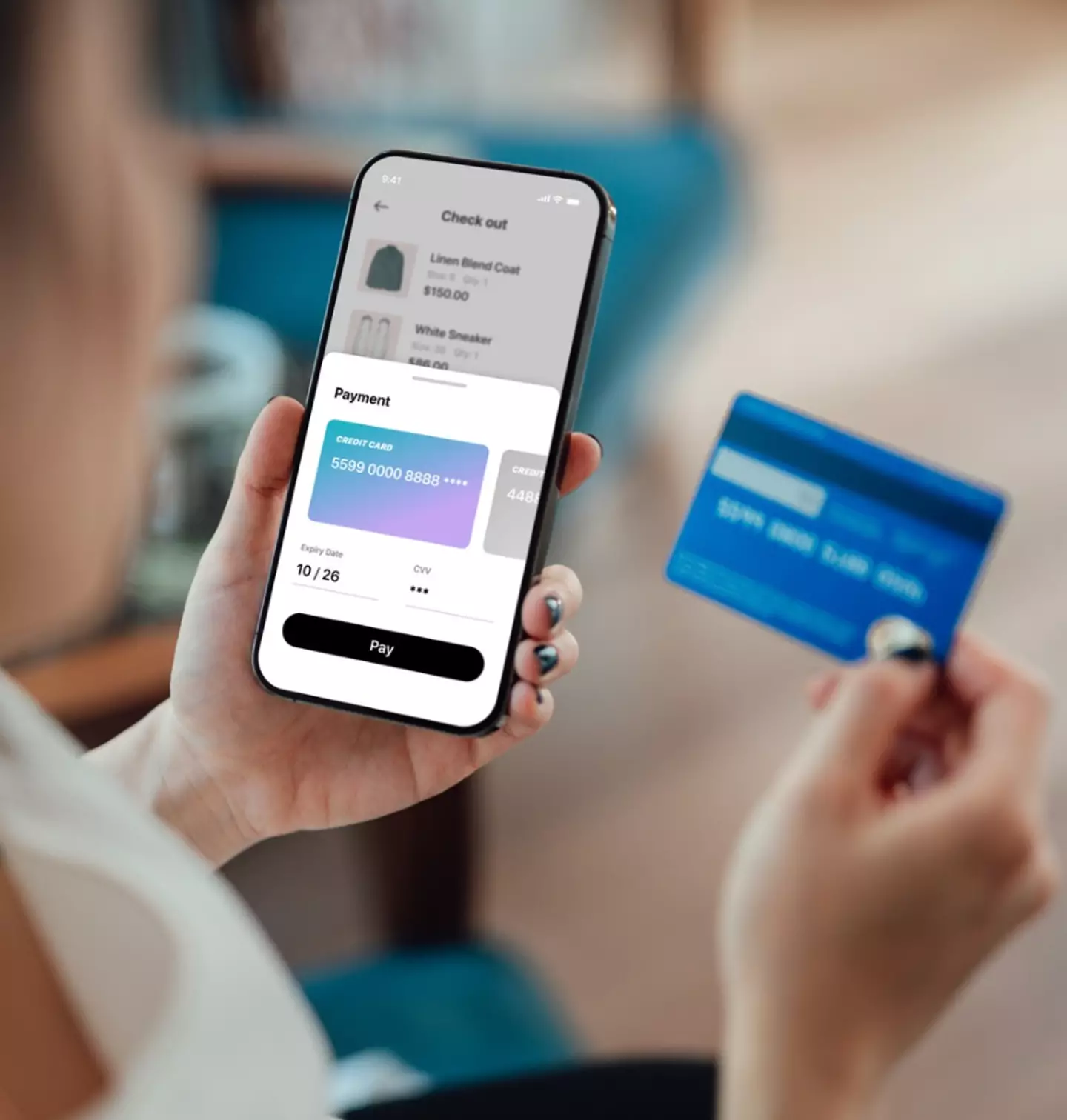
UK banks have apologised for the disruption. (Getty Stock Images)
Nationwide acknowledged it was ‘aware there is a delay with some customers receiving their salary or pension payments today’.
The bank added: “These payments are being processed, and will be paid into your account today. Sorry for any inconvenience this is causing.”
Virgin Money tweeted that they are ‘aware of intermittent issues with accessing online banking and our app, which we’re working to resolve as quickly as possible’.
“Thanks for your patience while we restore the service,” they said.
Earlier on, the bank told customers that there would be ‘delays to payments both in and out of their Virgin Money account’.
This comes after issues last month on the same date, as NatWest experienced an approximate four-hour outage.
Featured Image Credit: Getty Stock Images
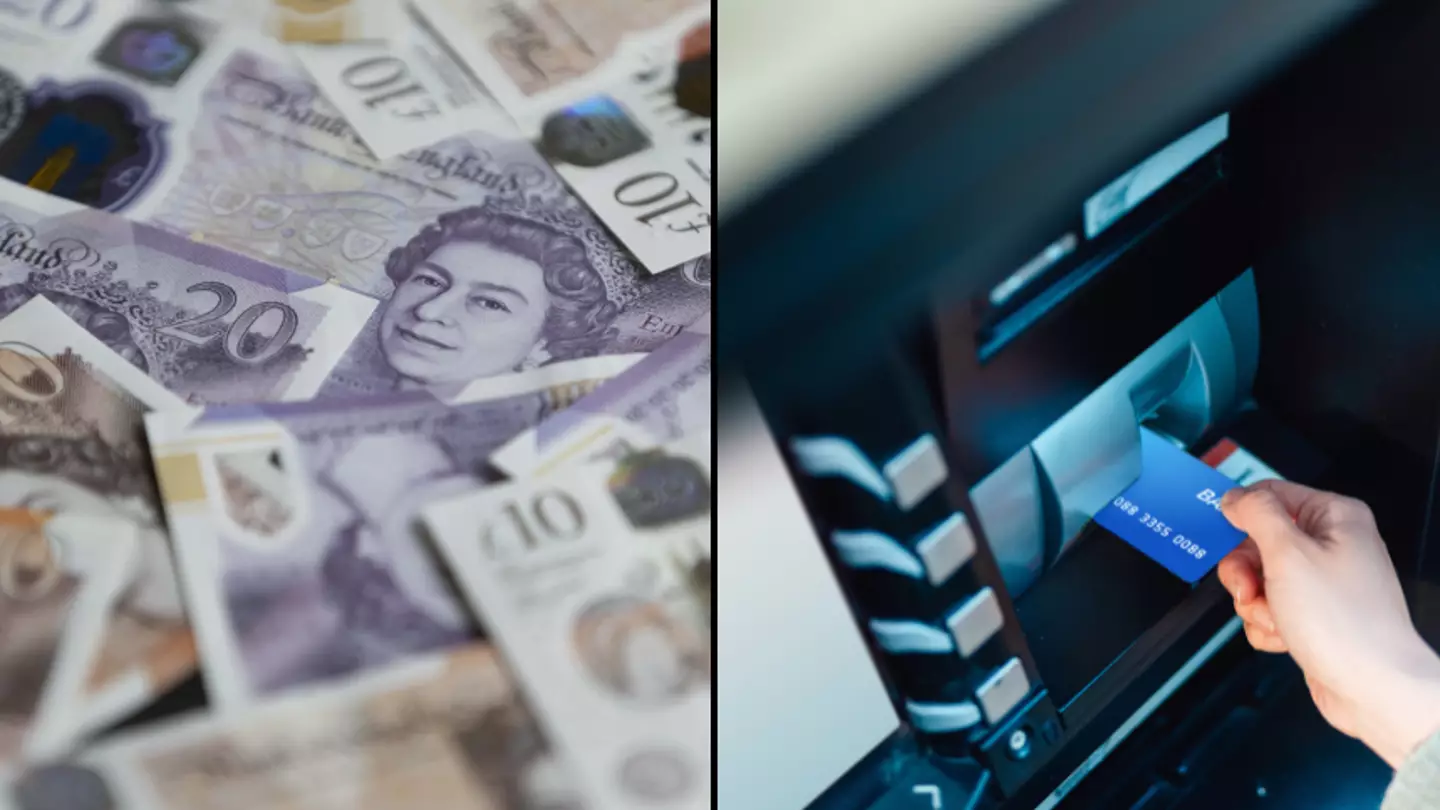
Thousands of households across the country could see a payment of £500 landing in their bank accounts.
Struggling families could be granted a payment of hundreds of pounds to help with the mounting cost of living.
It’s all thanks to the Household Support Fund, which was launched back in 2021.
Funding – which is worth £421 million – is handed out to local councils, who distribute grants to households across various regions in the UK.
.jpg)
Brits could be entitled to a payment of up to £500. (Getty Stock Photo)
The amount you can access depends on where you live and your own financial circumstances as well as the benefits you are already entitled to.
The gov.uk website explains that the funding is aimed at ‘anyone who’s vulnerable or cannot pay for essentials’. For example, struggling households in Luton can apply for a payment of £500 per household.
They also add that ‘you do not have to be getting benefits to get help from your local council’.
How people receive their payments will depend on how they pay their council tax.
Those who are eligible for payments and pay their council tax by direct debit will see funds go directly into their bank accounts.
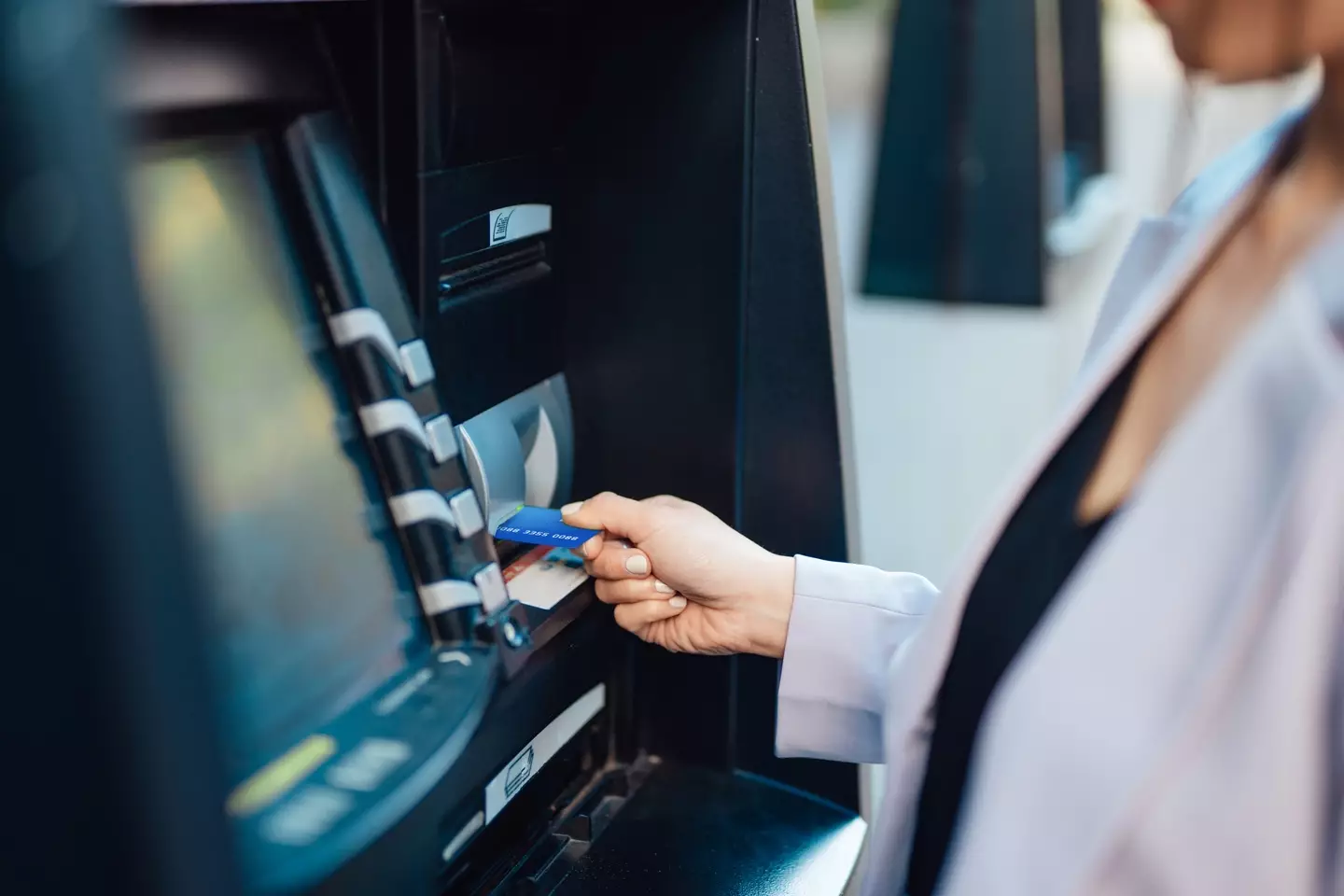
Payments could land in bank accounts. (Getty Stock Photo)
However, if you pay your council tax via cash payment, or by standing order or bank transfer – or if you do not have to pay council tax – you should receive a Post Office Payout voucher.
This can be cashed at any Post Office branch.
Part of the fund can also be paid in shopping vouchers, with the gov.uk website explaining: “£421m has been made available to County Councils and Unitary Authorities in England to support those most in need with the cost of essentials via the Household Support Fund.
“This funding covers the period 1 April 2024 to 30 September 2024 inclusive. Councils decide how to run their schemes. There may be differences in eligibility criteria, if or how you need to apply [and] who money is given to.

The payments are intended to help with the cost of living. (Getty Stock Photo)
“For example, some councils share out money through local charities and community groups and some limit household applications to one per year. Check with your local council to find out what support is available.”
The deadline to apply for the Household Support Fund is 30 September 2024, so if you still need to find out if you’re eligible, it’s best to enquire sooner rather than later.
You can find out more information on the fund here.
